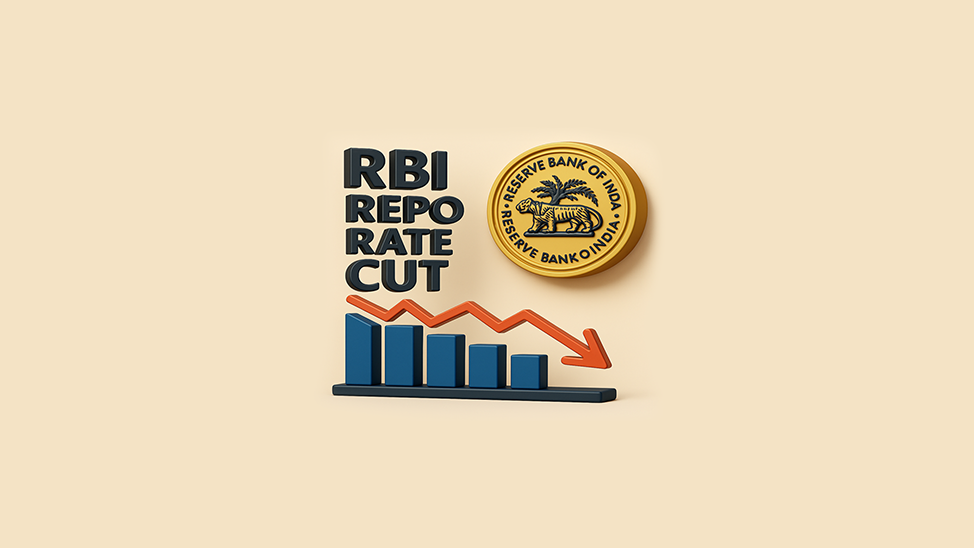Franklin Templeton Mutual Fund shuts 6 schemes: What Next?

- Published Date: January 06, 2021
- Updated Date: April 10, 2024
- By Team Choice
From April 24th, 2020, Franklin Templeton Mutual Fund has shut down 6 of its debt funds which had high yield – low credit strategies. This news came as a shock for the entire mutual fund industry since it is unprecedented for any mutual funds to shut down 6 schemes at once. These are schemes which will shut down:
- Franklin India Ultra Short Bond Fund
- Franklin India Low Duration Fund
- Franklin India Short Term Income Fund
- Franklin India Income Opportunities Fund
- Franklin India Dynamic Accrual Fund
- Franklin India Credit Risk Fund
We will take you through this decision, how it impacts you as an investor, and what you can do to avoid such funds.
Background:
Franklin Templeton mutual fund is known for its credit strategies. Many retail investors especially retirees preferred investing in their funds because of higher returns. But franklin was able to generate a higher return compared to peers due to risk they were taking in the portfolio.
All the above-mentioned schemes had a very high credit risk. These portfolios were concentrated on low credit quality papers. All of this came under pressure when we were hit by the COVID-19 pandemic. As the Foreign investors started fleeing Indian bonds, there was no liquidity in the bond market. During difficult times, most of the investors prefer high rated bonds. Hence, only papers with the highest ratings and government bonds had enough liquidity to trade.
In such a case, the liquidity for low credit papers is even lower. To add on to this, debt funds of franklin had redemption pressure where they had to liquidate some of the bonds and borrow the money to fund the redemptions. Below is the chart which will show how the combined AUM of these 6 schemes went down:
On 31st October 2019, combined AUM of the 6 schemes was about 52 Thousand Crores. By the end of March, this AUM reduced to approx. 30 Thousand Crores. This drastic AUM drop was on account of the redemptions.
Considering all of the factors mentioned above, Franklin Templeton came to the decision of winding up 6 schemes which were running of credit strategies.
Impact on Investors:
The notice by the fund house explicitly states that:
Pursuant to Regulation 40 of the SEBI (Mutual Funds) Regulations, 1996 on and from April 24, 2020, the Trustee and the
AMC have:
(a) ceased to carry on any business activity in respect of the Schemes;
(b) ceased to create or cancel units in the Schemes;
(c) ceased to issue or redeem units in the Schemes.
This means that no transactions are now allowed in the 6 mentioned schemes. If you hold any of the 6 schemes, here’s how you will get your money back:
All the 6 schemes have various debt papers in the portfolio. As and when the paper matures or if it plays interest, the fund house will pass it on to you. More details on exit strategies will be communicated by the fund house to investors. No expense ratio will be charged in these schemes. Also, there will not be any exit load implication.
As an investor, you will also get a chance to give your opinion on the matter when the fund house arranges a meeting for the voting of all the unitholders. This is mandatory under SEBI Mutual Fund Regulations, 1996. More details on this will also be communicated to investors.
Ways to avoid such exposure in the portfolio
The first thing we want to highlight is: Debt Funds are completely safe if you choose the right fund. What happened with Franklin will not happen with other AMCs. Hence, do not get your idea about debt funds clouded by this one instance.
Now, let’s understand one thing about investor psychology. All the investors who invested in these schemes did so for an additional 1- 1.5% return compared to other funds in the category. If 6 months back, an investor were to select the fund based on past performance, all of these would come on top in their respective categories.
If we get into the details of the portfolio of each fund, there lies the actual truth. Investica has pointed this out time and again that taking credit risk in debt funds is not worth it. In a blog that we wrote in November 2019, we gave a clear recommendation to investors to exit these funds.
This emphasizes the importance of having the right financial advisor. Most of the investors have now started doing DIY investing by investing in direct plans. But if you do not have all the information and all the right tools at your disposal then you will end up getting into one of such traps.
For example, Franklin India Ultra Short Bond Fund is a fund from the ultra-short category which is meant for the investment of 3-6 months. Ideally, if your requirement is up to 6 months, then it is essential to look at portfolio quality. Identifying the credit defaults before they happen is a skill your financial advisor may have but you may not.
In conclusion, instead of thinking about small savings, you make by investing in direct funds; think about the bigger saving you will make by investing in the right funds with your financial advisor’s help which will keep you isolated from all these undue risks.
Recommended for you

RBI Repo Rate Cuts by 50 BPS to 5.50%

List Of Mutual Funds with No Exit Load

Aplab Ltd Right Issue 2025
